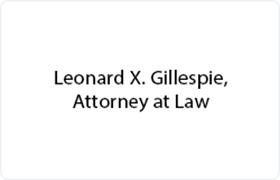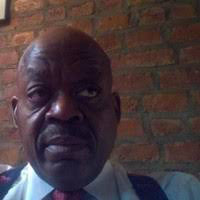Bronx Felony Lawyer, New York, page 2
Sponsored Law Firm
-
 x
x

Click For More Info:
-
Leonard X. Gillespie, Attorney at Law
16 Court Street Suite 2504 Brooklyn, NY 11241» view mapDivorce & Family Law We Care About Making A Difference
We are socially conscious, proud to be American and believe that race matters. We care. We want to make a difference.
800-769-4420
Zachary P. Reibstein
Criminal, Police Misconduct, DUI-DWI, Felony
Status: In Good Standing Licensed: 17 Years
FREE CONSULTATION
CONTACTBrandon Lamour Freycinet
Education, Tax, Family Law, Felony, Criminal
Status: In Good Standing Licensed: 15 Years
Robert John Aiello
DUI-DWI, Felony, Misdemeanor, Family Law
Status: In Good Standing Licensed: 40 Years
Salvatore D. Compoccia
Traffic, Pension & Benefits, Child Support, Felony
Status: In Good Standing Licensed: 31 Years
Steven Yurowitz
Criminal, Lawsuit & Dispute, Felony, Lawsuit
Status: In Good Standing Licensed: 28 Years
 Leonard X. Gillespie Brooklyn, NY
Leonard X. Gillespie Brooklyn, NY Practice AreasExpertise
Practice AreasExpertise
